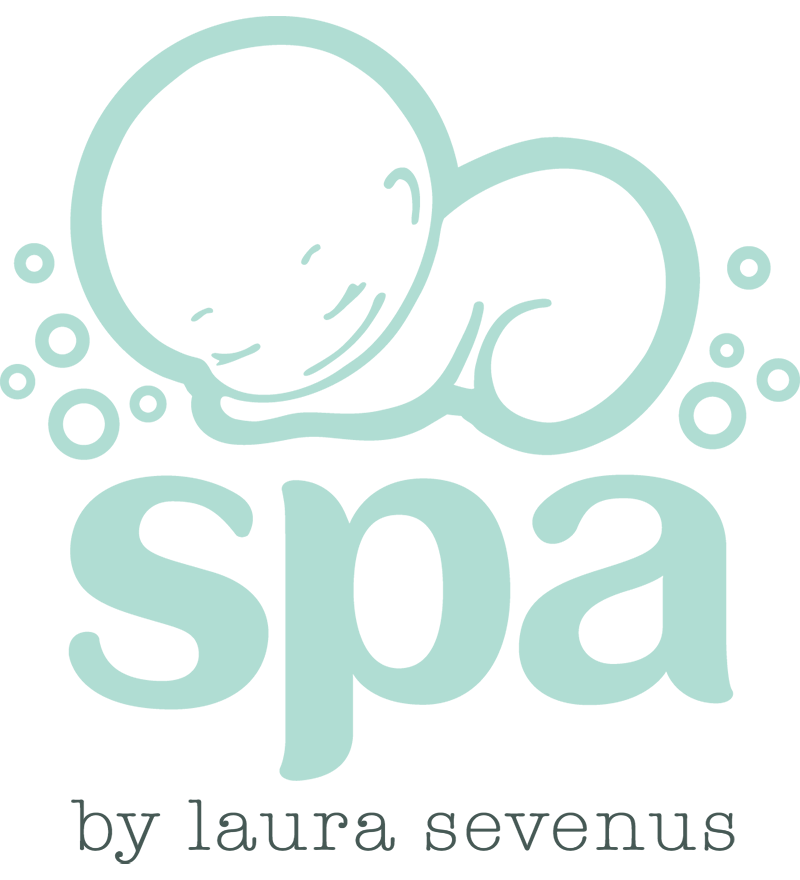frequently asked questions
-
Approximately one hour. Your baby will be in the water for about 10-15 minutes, depending on their reaction during the first visit. With continuity, tolerance will increase. The hydrotherapy is then followed by baby massage.
-
9am - 5pm Tuesday to Friday and 8:30am - 4pm on Saturday. We are closed Sunday and Monday.
-
Your baby should not be hungry or tired or else they will not get the best from the session. We have a nursing room where you can feed your baby or offer a ‘top up’ before the session or in between flotation and massage.
-
Ideally, we recommend attending after a sleep and feed.
-
Certainly, if availability permits. This can be an excellent opportunity to get together with your NCT or peer group on a weekly basis. We do however recommend that your first visit is just you and your baby.
-
We can accommodate a maximum of 3 babies per stage.
-
Absolutely, although this must be arranged prior to the session. This is because our treatment rooms and facilities have limited space for additional visitors.
Also, too many faces can be daunting for a little one, especially when they should be left quietly to explore and relax on their own.
-
Yes but preferably just one or two. The session should be primarily regarded as relaxing, quality bonding time for both parents and babies. Flashes are prohibited.
Please note the Child Protection Act does not permit the photography of babies other than your own.
-
No, your baby will be fitted with the Bubby, which is a flotation device to keep them safe, comfortable and able to move around independently without restriction.
Babies are not able do this when being held. However, you will be standing and observing in close proximity. With progression, your baby will move to Stage 3 and this is when you will have active participation in the water.
-
Yes, the Bubby has been vigorously tested and certified by the SABS and is perfectly comfortable for your baby.
-
Yes, it is perfectly safe, as your baby will be floated in their own pod of purified water. There is no chance of contamination.
-
Formula, if your baby is bottle-fed and a pacifier if you use one.
-
As a parent, the decision is yours but once a week is general practice.
-
Until they are ready for Stage 3 or regular swimming lessons. The age is dependent on a few factors such as the baby’s sensory threshold, experience and personality.
If visits have been regular from when they are very young, Baby Spa babies will be ready and well prepared for swimming lessons at around 5 months.
-
The main benefit is that your baby will be able to move around freely, which is unachievable on land at a very young age due to gravity and the disproportionate weight of babies’ heads.
Secondly, as your baby moves against the resistance of the water, their musculature and skeletal structure strengthens and their spine will unfold.
The effect of hydrostatic pressure on your baby’s body will result in deeper breathing creating a relaxed state which in turn strengthens the respiratory system.
Water pressure also stimulates babies’ circulatory and lymphatic systems. This stimulation, warmth and pressure is similar to the comfort and security experienced in the womb.
Tactile stimulation of water passing over your baby’s skin, together with neonatal massage forms part of the sensory input vital to your baby’s whole brain/body development.
-
Beneficial developmental exercises to assist sensory integration are demonstrated to parents during baby massage. Parents are then encouraged to continue the sequences at home.
-
In these situations, morning sessions are more beneficial to help your baby increase their sensory tolerance.
Stage 1 & 2 - Hydrotherapy
Stage 3 - Baby Swim Lessons
-
We have created a continuation programme for stress free acquisition of survival skills. The follow-on programme have parents enter the water with their babies and a gentle form of swimming lessons begin.
Due to the water experience your baby will have encountered during Stages 1 & 2, your baby should very easily and naturally transition into the basic fundamentals of independent swimming.
Should you have any questions not answered above, please do not hesitate to contact us directly and we will be happy to answer your queries.

“I really looked forward to coming to your warm, scented space where I could relax with gentle music playing while Leila was doing something meaningful. The swim and the massage were so good for her, and I know that she will carry that experience somewhere in her memory always.”
— Jenny S.
